Using good grammar really impacts how people see you, whether at work or in social situations. Here are 19 of the most common grammar mistakes that people often make and some easy tips to help you steer clear of them for better communication.
Mixing Up “Your” and “You’re”

English Life tells us that words that sound the same but have different spellings are called homophones and can be quite challenging. “Your” is a word that shows ownership, like saying something belongs to you, while “you’re” means “you are.” It’s a common mix-up that can cause confusion.
Confusing “Its” and “It’s”
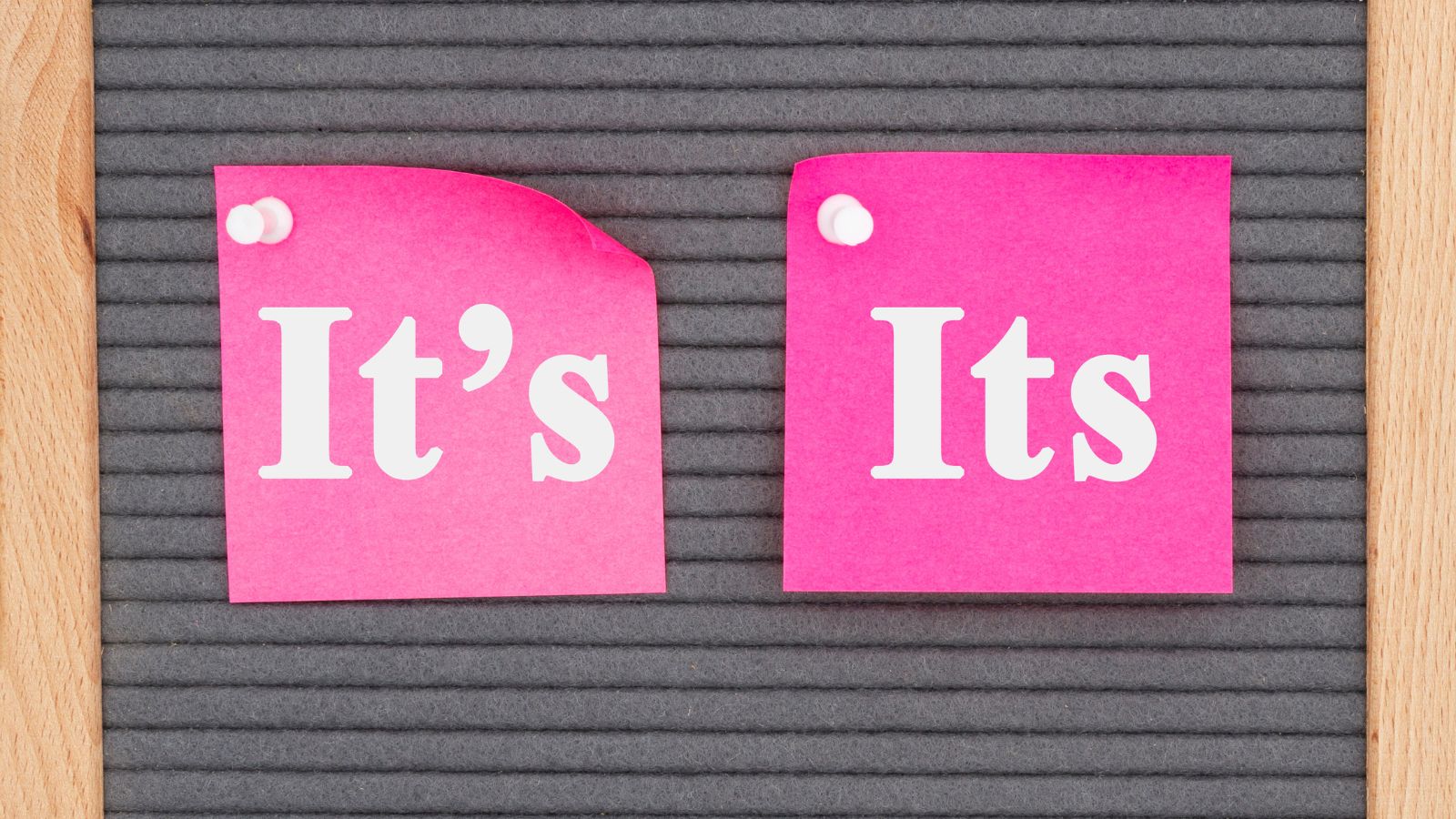
One of the most common grammar mistakes is “its” and “it is”. “Its” is a way of saying something is owned, while “it’s” means “it is” or “it has.” Many people, even native speakers, mix them up. You can work around this by replacing it with “it is” or “it has” in your sentence. If it makes sense, use “it’s,” but if not, stick with “its.”.
Misusing “Their,” “There,” and “They’re”
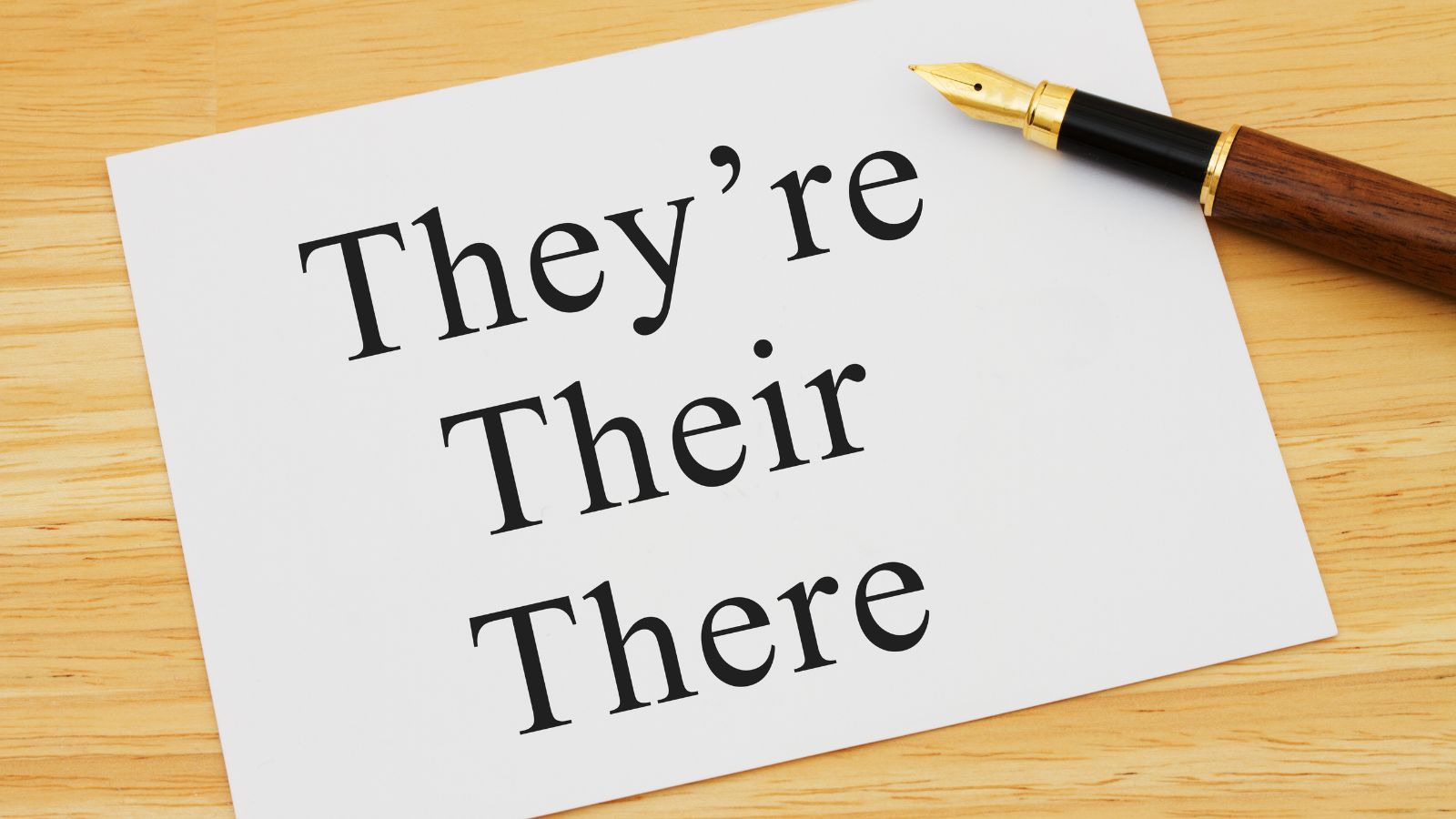
You can easily ensure this word makes sense in your writing. For example, “their” is something owned by a person, “there” points to a place, and “they’re” means “they are.” To avoid mistakes, always check which one fits your sentence best. Understanding the difference will help make your writing clearer and more effective.
Incorrect Use of “Then” and “Than”
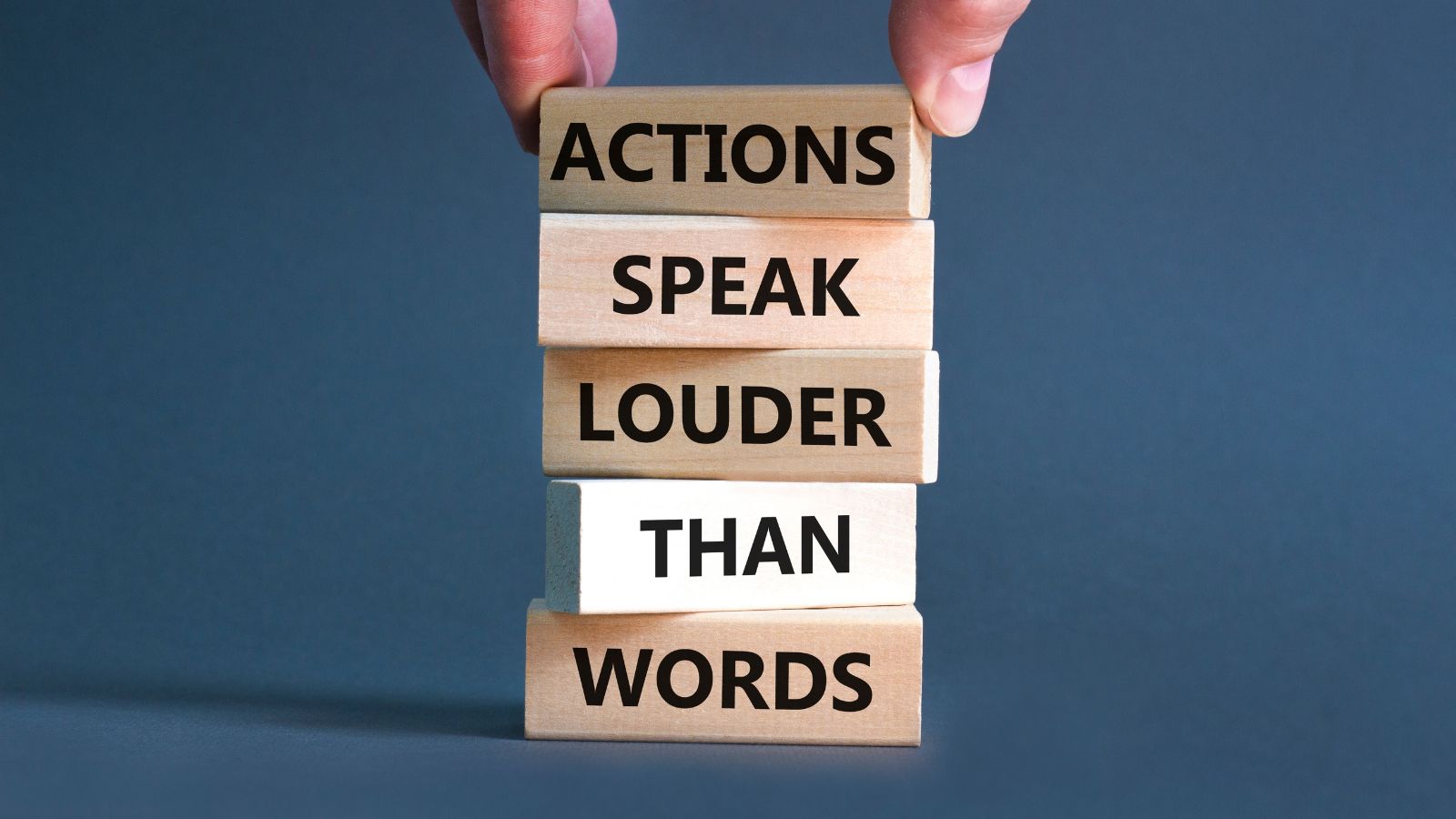
Try not to forget that “then” relates to time, while “than” is for comparisons. Mixing them up can change what you mean. For instance, saying “she is taller than him” is right, but “she is taller then him” is wrong. Just remember: “than” is about comparing, and “then” is all about timing.
Subject-Verb Agreement Errors

It’s important to make sure that subjects and verbs match in number. If the subject is singular, use a singular verb, like “she runs.” If it’s plural, use a plural verb, like “they run.” Always check that your verbs align with their subjects to keep your sentences clear and correct.
Misplaced Apostrophes

It won’t take long for you to learn that apostrophes are meant for showing possession or creating contractions, not for pluralizing words. A common mistake is using an apostrophe in plurals, like writing “apple’s” when it should just be “apples.” So, remember, only use apostrophes to indicate ownership or combine words, but don’t use them for plural forms.
Overusing Commas

Mainly used to pace your writing, commas are important for making it clear, but using too many can make it messy. They should show a pause or separate items in a list but not disrupt the flow of your sentences. Always make sure each comma has a specific reason for being there.
Confusing “Affect” and “Effect”

You aren’t alone if you confuse these two words, but “affect” means to influence something, while “effect” refers to the result of that influence. It’s easy to mix them up. For example, “the new law will affect everyone” means it will influence everyone, while “the new law will have an effect on everyone” talks about the outcome of that influence.
Using “Who” and “Whom” Incorrectly
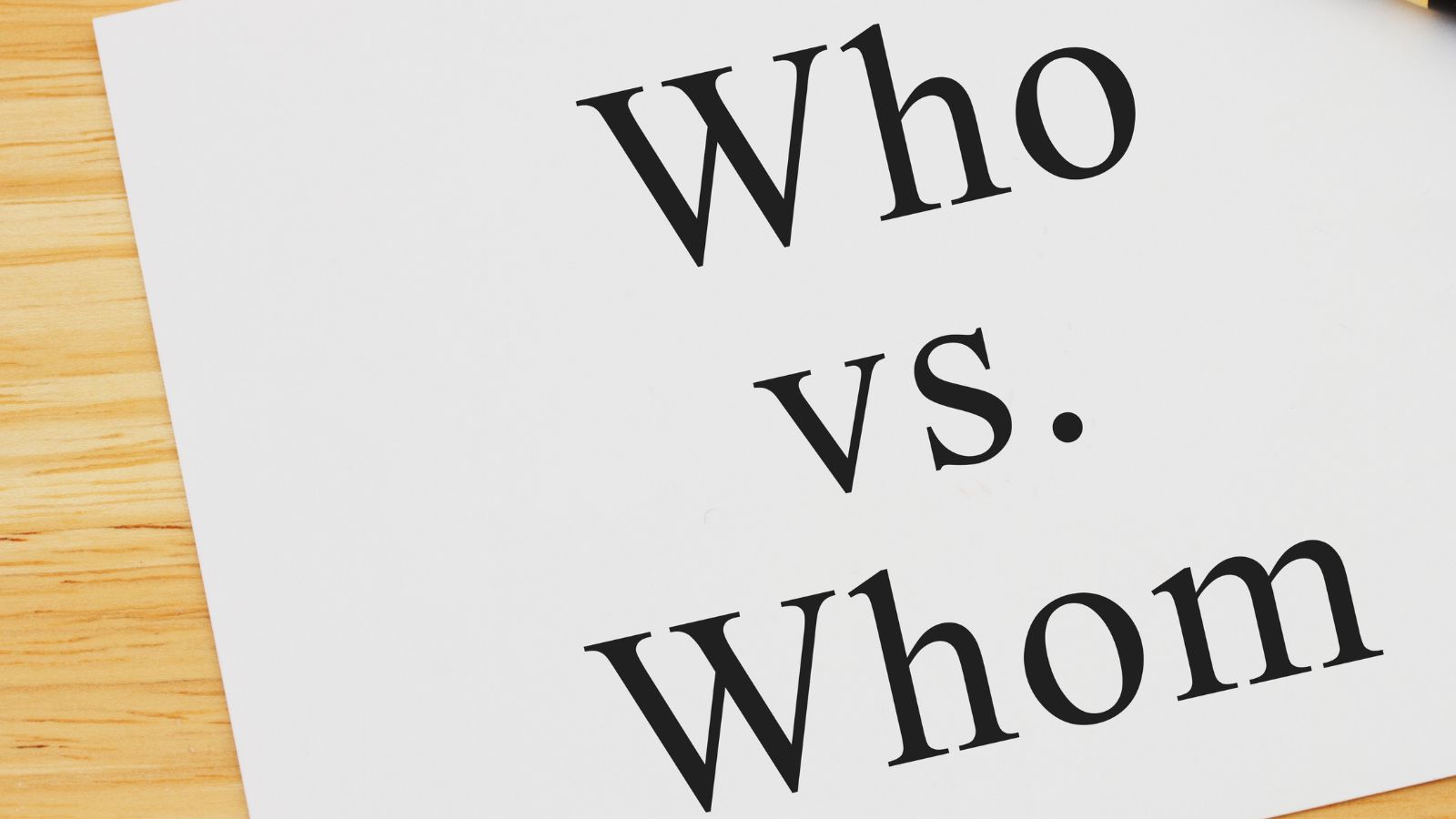
In case you’ve ever wondered, “who” is used for the subject of a sentence, while “whom” is for the object. A helpful tip is to swap the word with “he” or “him.” If “he” works, use “who.” If “him” fits, go with “whom.” For instance, “Who is coming?” vs. “To whom should I write?”
Confusing “Lie” and “Lay”

These two words have always been confusing. “Lie” means to rest or recline, while “lay” means to put something down. For example, you’d say, “I need to lie down” when resting, but “Lay the book on the table” when placing it somewhere. Just remember, “lie” doesn’t take an object, but “lay” does.
Improper Use of “Fewer” and “Less”

It’s normal to think these two words mean the same thing, but they don’t. You should use “fewer” for countable items and “less” for uncountable quantities. For instance, “fewer apples” is correct, while “less apples” is not. Conversely, “less water” is correct because water is uncountable. This distinction helps maintain clarity and precision in writing.
Dangling Modifiers

We might overlook the fact that modifiers must clearly and logically modify a word in the sentence. A dangling modifier is a descriptive phrase that doesn’t clearly connect to the word it’s supposed to modify. For example, “walking down the street, the trees were beautiful” should be “walking down the street, I saw beautiful trees.”
Misplacing Modifiers

On a similar note as before, you should also place modifiers next to the word they modify to avoid confusion. A misplaced modifier can change the meaning of a sentence. For example, “she almost drove her kids to school every day” suggests she didn’t drive them every day. “she drove her kids to school almost every day” is clearer.
Using Double Negatives

This mistake is common if you write how you talk, but be aware that double negatives can make your sentence confusing. Instead of “I don’t need no help,” say “I don’t need any help.” Double negatives cancel each other out, leading to an unintended positive meaning. Clear communication requires using a single negative to convey your message accurately.
Incorrect Pronoun-Antecedent Agreement

It’s imperative to ensure that pronouns agree with their antecedents in number and gender. For example, “Everyone must bring their book” should be “Everyone must bring his or her book” to maintain agreement. Check that each pronoun matches the noun it replaces in both number and gender.
Incorrect Verb Tense Shifts

To have work that makes sense, you should have a consistent verb tense in any form of writing. Shifting tenses can confuse readers. For instance, “She was walking down the street and sees a dog” should be “She was walking down the street and saw a dog.” Keeping tenses consistent helps your writing flow smoothly.
Misusing “Me” and “I”
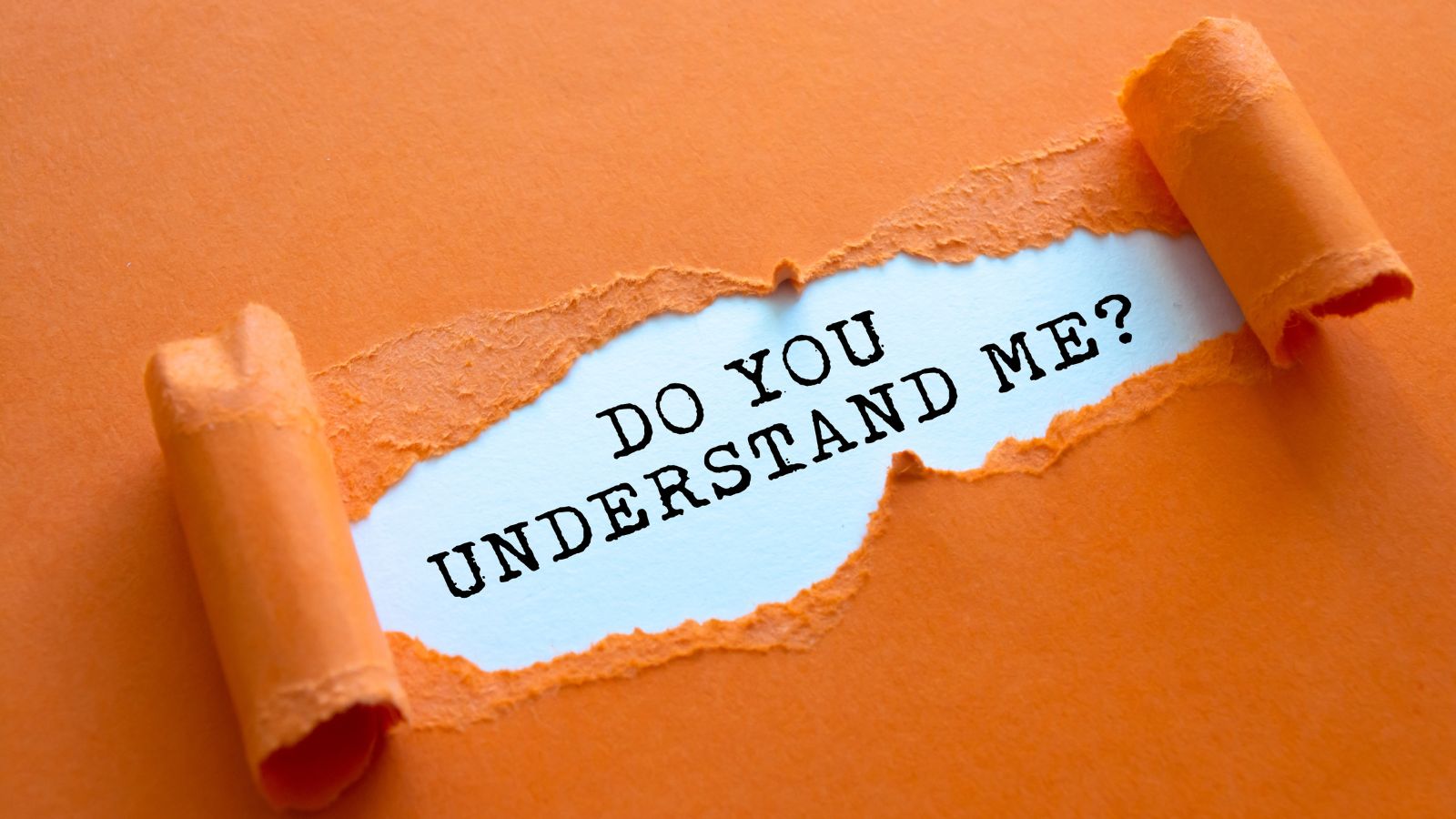
Most of us can all agree that using “me” and “I” correctly can be tricky. “I” is a subject pronoun, while “me” is an object pronoun. For example, “John and I went to the store” is correct because “I” is the subject. “He gave the book to John and me” is also correct because “me” is the object.
Splitting Infinitives

It can feel unclear at times, but an infinitive is the base form of a verb, often preceded by “to.” Splitting an infinitive means placing an adverb between “to” and the verb, like “to quickly run.” While not always incorrect, it can make sentences awkward. In this example, many would use “to run quickly” instead for clarity.
Incorrect Comparatives and Superlatives

You should use comparatives (e.g., better) to compare two things and superlatives (e.g., best) for three or more. Mixing these up can confuse your readers. For example, “she is the better of the two” and “she is the best among the three.” Ensure you’re using the correct form to maintain clarity.
Up Next: 19 American Foods that Are Not Allowed in Other Countries

We can debate all day about who has the safest food supply in the world. Though, I’d bet you would be surprised at how many everyday American foods are banned in other countries. Most are due to chemical additives and pesticides, which, in places like the EU, cannot be approved for use unless proven safe. Let’s take a look at 19 of them.
19 American Foods that Are Not Allowed in Other Countries
19 Things That Will Happen When You Stop Drinking Alcohol

Whether you identify as an alcoholic or a casual drinker, alcohol can have a significant negative impact on your health. This is why more and more people are choosing to go cold turkey for the sake of their well-being. If you’re considering going sober but need a little more convincing, we’ve got you covered. Here are 19 things that will happen when you stop drinking alcohol.
19 Things That Will Happen When You Stop Drinking Alcohol
17 Things Guests Actually Notice Right Away About Your House

Inviting people into your home is a big deal. You may be very house-proud or house-conscious, and if you are either, you’ll likely get anxious about hosting. If this sounds like you, stop worrying and focus on the following 17 things that guests actually notice right away about your house.
17 THINGS GUESTS ACTUALLY NOTICE RIGHT AWAY ABOUT YOUR HOUSE

